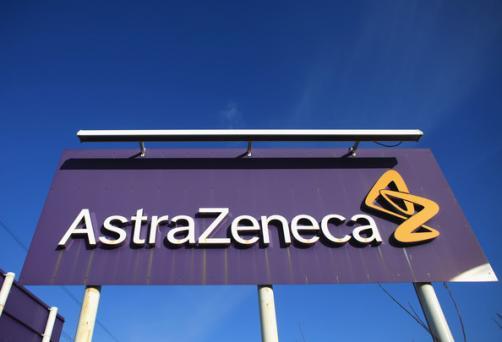FDA approves AstraZeneca's asthma injection

The FDA has approved AstraZeneca’s asthma injection, benralizumab, offering a more patient-friendly eight-week dosing regimen that could give an edge over rivals from GlaxoSmithKline and Teva.
Branded as Fasenra, benralizumab is part of a new wave of therapies AZ hopes will revive its fortunes following a series of blockbuster expiries, such as Crestor.
Fasenra is now approved in the US for the add-on maintenance treatment of patients with severe asthma aged 12 years and older, and with an eosinophilic phenotype.
European approval is also likely within the next few months after the European Medicines Agency’s CHMP regulatory committee recommended a marketing authorisation in the same indication last week.
While GlaxoSmithKline and Teva already have rival IL-5 inhibitor drugs approved, they must be taken monthly, while Fasenra is taken every eight weeks after an initial four-weekly interval between the first three doses.
Approval is based on results from the WINDWARD programme, including the phase 3 exacerbation trials, SIROCCO and CALIMA, and the phase 3 oral corticosteroid (OCS), sparing trial, ZONDA.
Results for the eight-week dosing regimen show an up to 51% reduction in annual asthma exacerbation rates versus placebo.
It also showed a significant improvement in lung function, as measured by forced expiratory volume in one second, of up to 159ml versus placebo.
Differences were seen as early as four weeks after the first dose, and there was a 75% median reduction in daily OCS use, and discontinuation of OCS in 52% of eligible patients.
With an overall adverse event profile comparable to placebo, AZ hopes for sales approaching blockbuster levels from Fasenra.
But competition will be tough as GSK’s Nucala has proved popular with prescribers, leading to mounting sales standing at £91 million for the last quarter.
GSK has filed Nucala with the FDA as a treatment for chronic obstructive pulmonary disease (COPD), an indication that AZ is also hoping to get for benralizumab in the long run.
Analyst GlobalData forecasts that anti-eosinophilic biologic therapies will make up 19% of US COPD market sales in 2025, with Nucala leading the field with sales of $1.2 billion and Fasenra bringing in revenues of $817.9 million.












